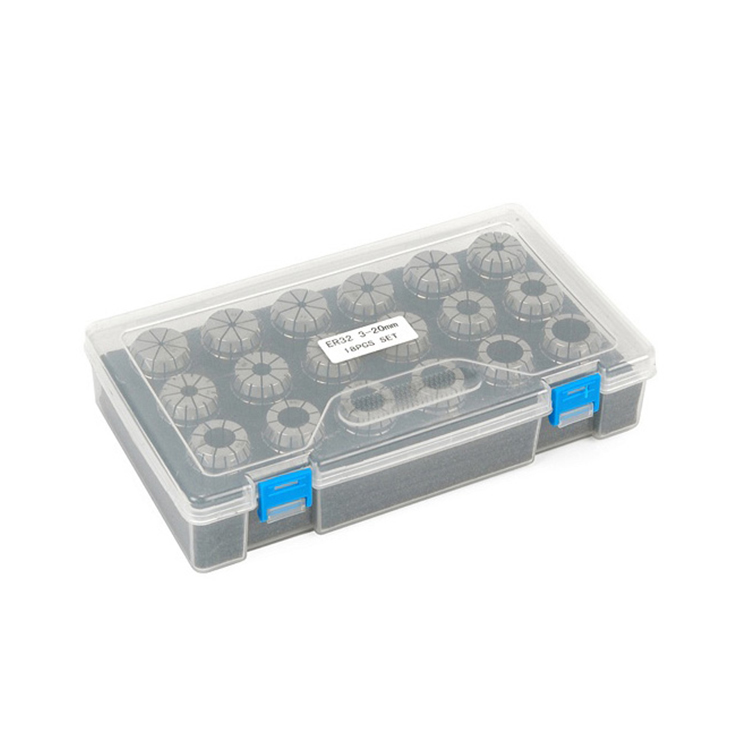Wholesale thread mills
Finding the right wholesale thread mills can be a complex process. This guide breaks down the essential aspects, from understanding different types and materials to selecting the best suppliers and optimizing your machining processes. Learn how to source high-quality tools that enhance precision and efficiency for your projects.
Understanding Thread Mills
Thread mills are cutting tools used to create internal and external threads in a single operation. Unlike taps, which form threads by cutting or pressing, thread mills remove material, resulting in cleaner, more accurate threads, especially in challenging materials. Their versatility also allows for creating different thread sizes with the same tool by adjusting the machining program.
Types of Thread Mills
- Solid Carbide Thread Mills: Ideal for high-volume production and hard materials due to their excellent wear resistance.
- Indexable Thread Mills: Feature replaceable carbide inserts, offering cost-effectiveness and adaptability for various threading applications.
- Coolant-Through Thread Mills: Deliver coolant directly to the cutting edge, improving chip evacuation, tool life, and surface finish.
- Miniature Thread Mills: Designed for small-diameter threading applications in precision components.
Materials Used in Thread Mill Construction
The material of a thread mill significantly affects its performance and lifespan. Common materials include:
- Carbide: Offers high hardness, wear resistance, and heat resistance, making it suitable for a wide range of materials.
- High-Speed Steel (HSS): A more economical option for softer materials and lower-volume production.
- Powder Metallurgy High-Speed Steel (PM-HSS): Provides improved toughness and wear resistance compared to standard HSS.
Key Considerations When Buying Wholesale Thread Mills
Choosing the right wholesale thread mills requires careful consideration of several factors:
Material to be Machined
The material you'll be threading dictates the appropriate thread mill material and coating. For example, threading hardened steel requires carbide tools with specific coatings like AlTiN (Aluminum Titanium Nitride).
Thread Size and Type
Ensure the thread mills you select are compatible with the desired thread size and type (e.g., metric, imperial, NPT, BSPT). Having a diverse selection helps you tackle various projects.
Machine Tool Compatibility
Verify that the shank size and geometry of the thread mills are compatible with your CNC machine or manual milling machine. Consider the machine's spindle speed and power capabilities.
Coating Options
Coatings enhance tool life and performance by reducing friction and heat. Common coatings include:
- TiN (Titanium Nitride): General-purpose coating for improved wear resistance.
- TiCN (Titanium Carbonitride): Offers higher hardness and wear resistance than TiN.
- AlTiN (Aluminum Titanium Nitride): Excellent for high-speed machining and hardened materials.
- DLC (Diamond-Like Carbon): Provides extremely low friction and is ideal for non-ferrous materials.
Finding Reliable Wholesale Thread Mill Suppliers
Sourcing from reputable suppliers is crucial for ensuring quality and consistency. Consider the following when selecting a supplier:
Supplier Reputation and Experience
Look for suppliers with a proven track record and positive customer reviews. Check their years of experience in the cutting tool industry.
Product Quality and Certification
Ensure the supplier offers thread mills that meet industry standards and certifications. Ask about their quality control processes.
Pricing and Minimum Order Quantities (MOQs)
Compare pricing from different suppliers, considering both unit cost and MOQ. Negotiate favorable terms if possible.
Shipping and Delivery Options
Evaluate the supplier's shipping options, delivery times, and shipping costs. Choose a supplier that can meet your delivery requirements reliably.
Customer Support and Technical Assistance
Opt for suppliers that provide excellent customer support and technical assistance. This can be invaluable for troubleshooting and optimizing your machining processes. For example, Wayleading Tools offers comprehensive technical support to ensure you get the most out of your wholesale thread mills.
Optimizing Your Thread Milling Process
Efficient thread milling requires optimizing cutting parameters and techniques:
Cutting Speed and Feed Rate
Adjust cutting speed and feed rate based on the material being machined and the thread mill manufacturer's recommendations. Too high a speed can cause premature wear, while too low can lead to poor surface finish.
Coolant Application
Proper coolant application is essential for chip evacuation, temperature control, and tool life. Use coolant-through thread mills whenever possible.
Toolpath Strategies
Employ efficient toolpath strategies, such as helical interpolation, to minimize cutting forces and improve surface finish.
Regular Inspection and Maintenance
Regularly inspect thread mills for wear and damage. Replace worn or damaged tools promptly to maintain accuracy and prevent machine damage.
Cost-Effective Strategies for Wholesale Thread Mill Purchases
Managing costs is essential. Here are some strategies to consider:
Bulk Purchasing
Take advantage of bulk discounts offered by wholesale thread mill suppliers. Negotiate favorable pricing based on your anticipated demand.
Standardization
Standardize on a limited number of thread mill sizes and types to simplify inventory management and reduce costs.
Tool Regrinding and Refurbishment
Explore tool regrinding and refurbishment services to extend the life of your thread mills. This can be a cost-effective alternative to purchasing new tools.
Case Studies: Successful Implementation of Thread Mills
Here are examples where thread mills provided significant advantages:
Aerospace Component Manufacturing
A leading aerospace manufacturer switched from tapping to thread milling for threading titanium components. This resulted in improved thread quality, reduced tool breakage, and increased production efficiency.
Medical Device Manufacturing
A medical device manufacturer used miniature thread mills to create precise threads in small stainless steel components. This enabled them to meet stringent quality requirements and improve product performance.
Future Trends in Thread Mill Technology
The field of thread mill technology is constantly evolving. Emerging trends include:
Advanced Coating Technologies
New coating technologies are being developed to provide even greater wear resistance, heat resistance, and lubricity. This will enable thread mills to machine even harder and more abrasive materials.
Smart Tooling
Smart thread mills equipped with sensors are being developed to monitor cutting forces, temperature, and wear. This will enable real-time optimization of machining parameters and predictive maintenance.
Additive Manufacturing
Additive manufacturing techniques are being used to create thread mills with complex geometries and customized features. This will enable manufacturers to tailor tools to specific applications.
Choosing the Right Thread Mill: A Summary
Selecting the right wholesale thread mills is crucial for achieving optimal machining performance. By understanding the different types of thread mills, materials, coatings, and suppliers, you can make informed decisions that improve your productivity and reduce costs. Always prioritize quality, reliability, and customer support when choosing a supplier like Wayleading Tools.
Table: Common Thread Mill Coatings and Their Applications
| Coating | Description | Application |
|---|---|---|
| TiN (Titanium Nitride) | General-purpose coating, improves wear resistance | General machining, steel, cast iron |
| TiCN (Titanium Carbonitride) | Higher hardness and wear resistance than TiN | High-speed machining, abrasive materials |
| AlTiN (Aluminum Titanium Nitride) | Excellent for high-speed machining and hardened materials | Hardened steel, high-temperature alloys |
| DLC (Diamond-Like Carbon) | Extremely low friction | Non-ferrous materials, aluminum, copper |
*Data based on common industry standards. Specific performance may vary by manufacturer.
Related products
Related products
Best selling products
Best selling products-
 Precision Vernier Caliper Of Metric & Imperial For Industrial
Precision Vernier Caliper Of Metric & Imperial For Industrial -
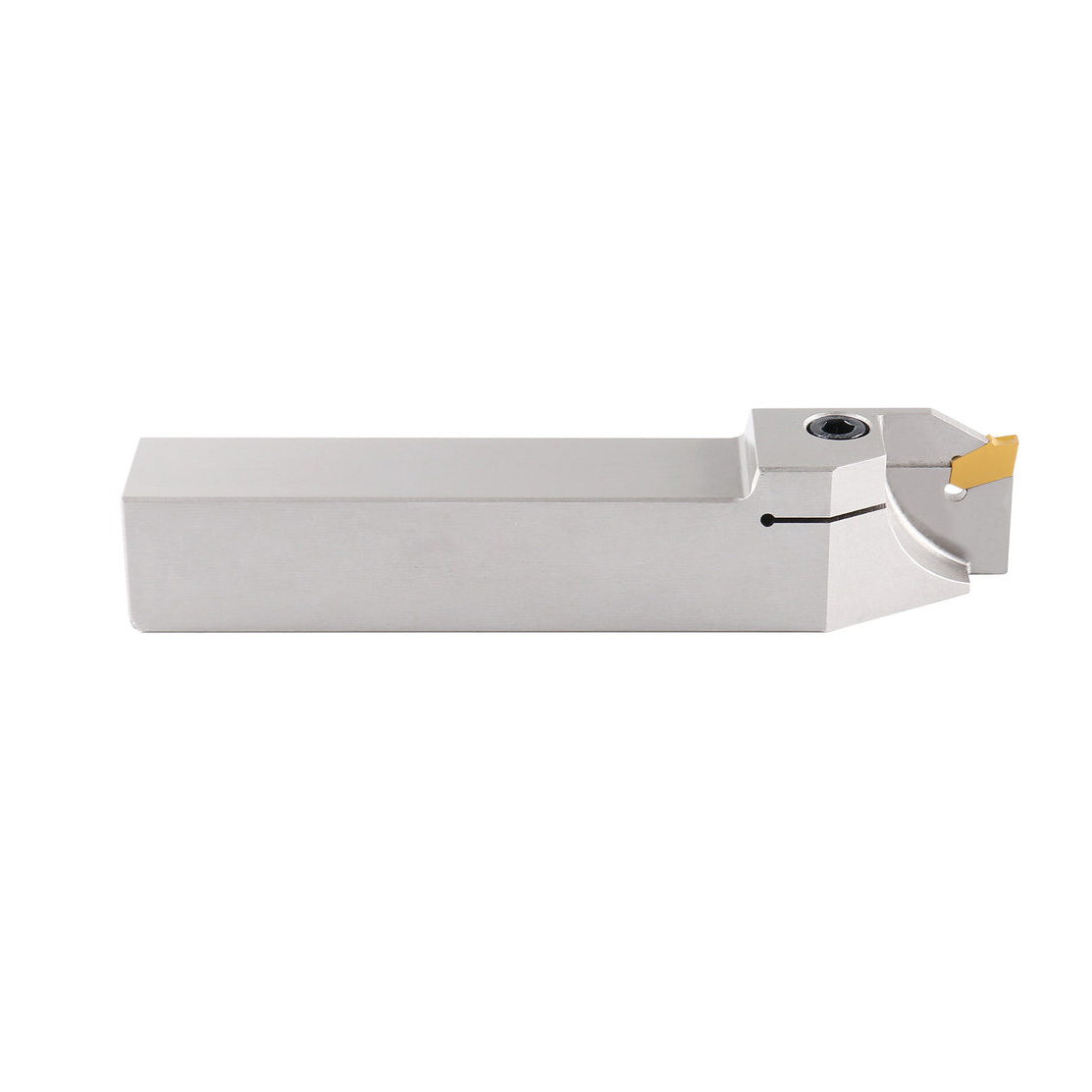 QA Grooving & Cut-Off Holder With Right And Left Hand
QA Grooving & Cut-Off Holder With Right And Left Hand -
 Indexable Spade Drill Holder With Helical Flute Holder And Taper Shank
Indexable Spade Drill Holder With Helical Flute Holder And Taper Shank -
 CNMG & CNMM Turning Insert For Indexable Turning Tool Holder
CNMG & CNMM Turning Insert For Indexable Turning Tool Holder -
 Precision 17pcs Angle Blocks Set With High Quality Type
Precision 17pcs Angle Blocks Set With High Quality Type -
 Type J-60 Degree Cone Tungsten Carbide Rotary Burr
Type J-60 Degree Cone Tungsten Carbide Rotary Burr -
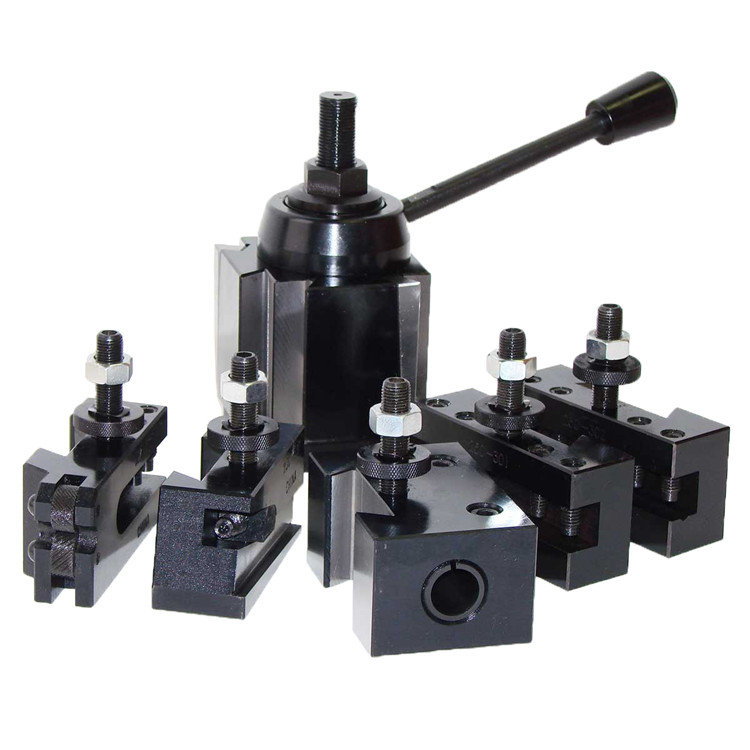 Wedge Type Quick Change Tool Post Set In lathe Machine
Wedge Type Quick Change Tool Post Set In lathe Machine -
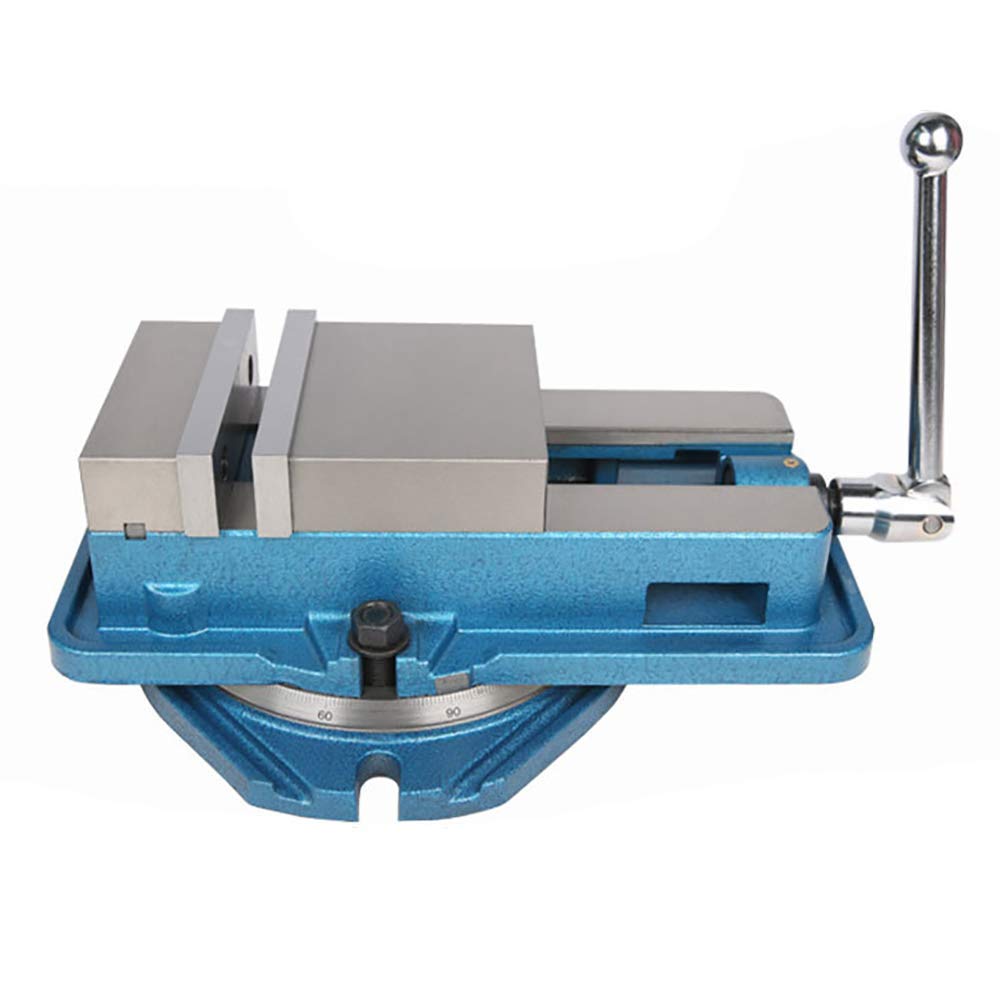 QM ACCU-Lock Precision Machine Vises With Swivel Base
QM ACCU-Lock Precision Machine Vises With Swivel Base -
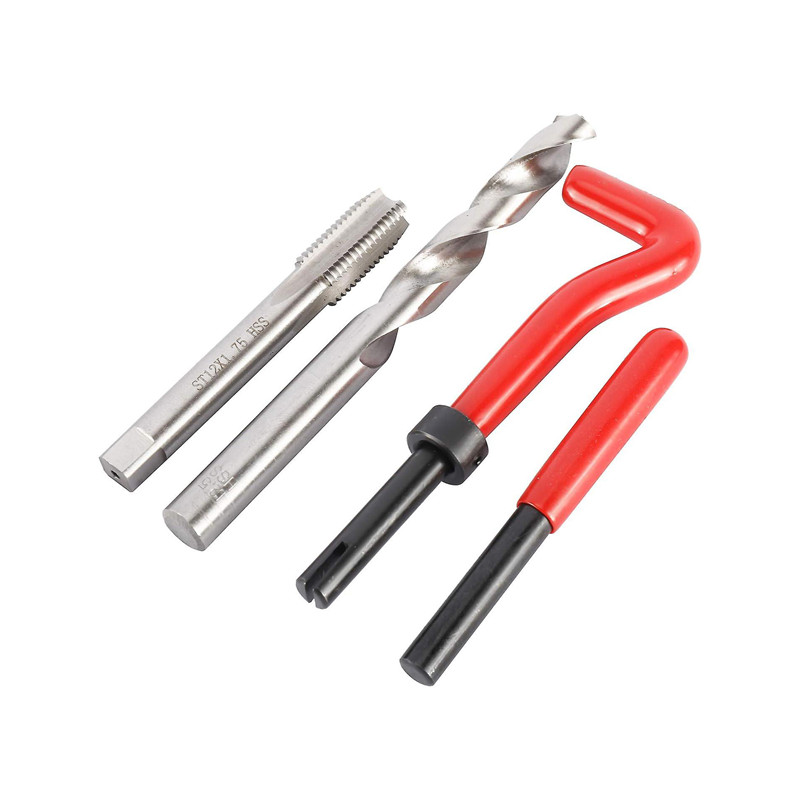 131PCS Thread Repair Set And Helicoil Type Thread Repair Set
131PCS Thread Repair Set And Helicoil Type Thread Repair Set -
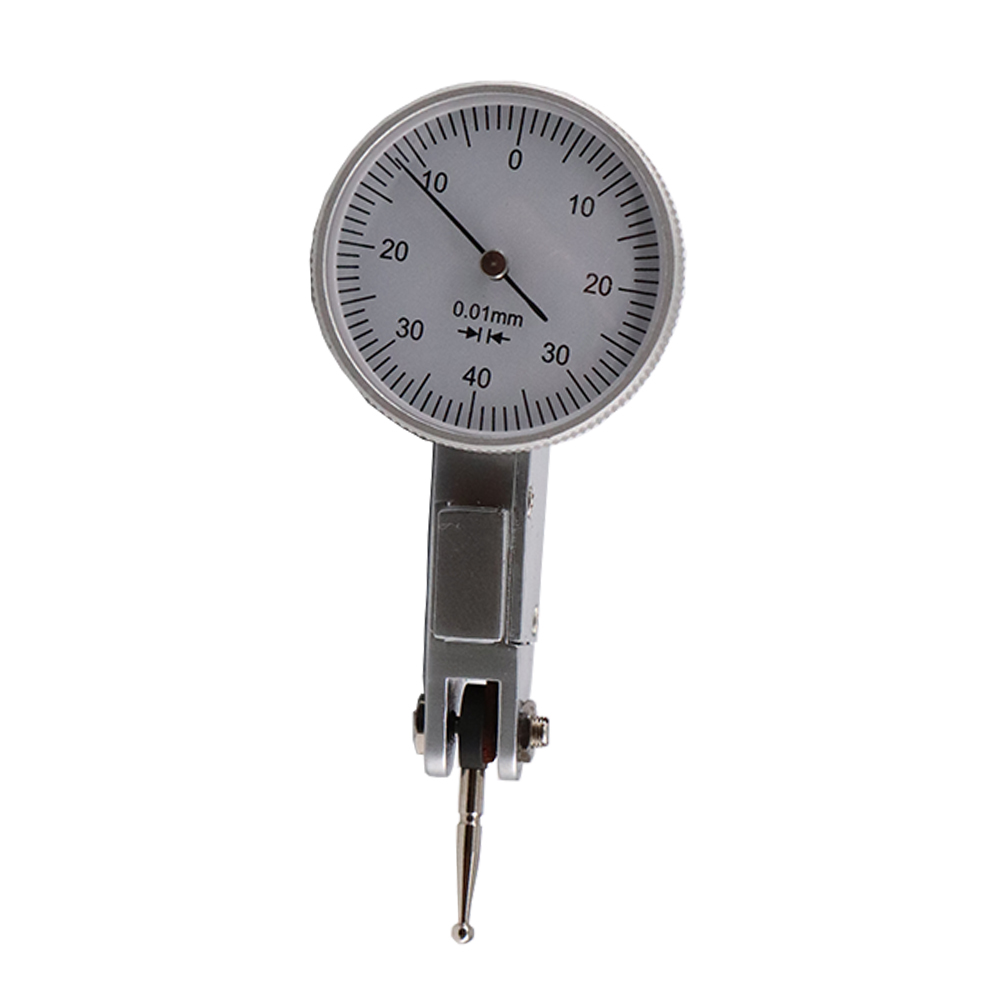 Precision Dial Test Indicator Gage For Industrial
Precision Dial Test Indicator Gage For Industrial -
 F1 Precision Boring Head With Metric & Inch
F1 Precision Boring Head With Metric & Inch -
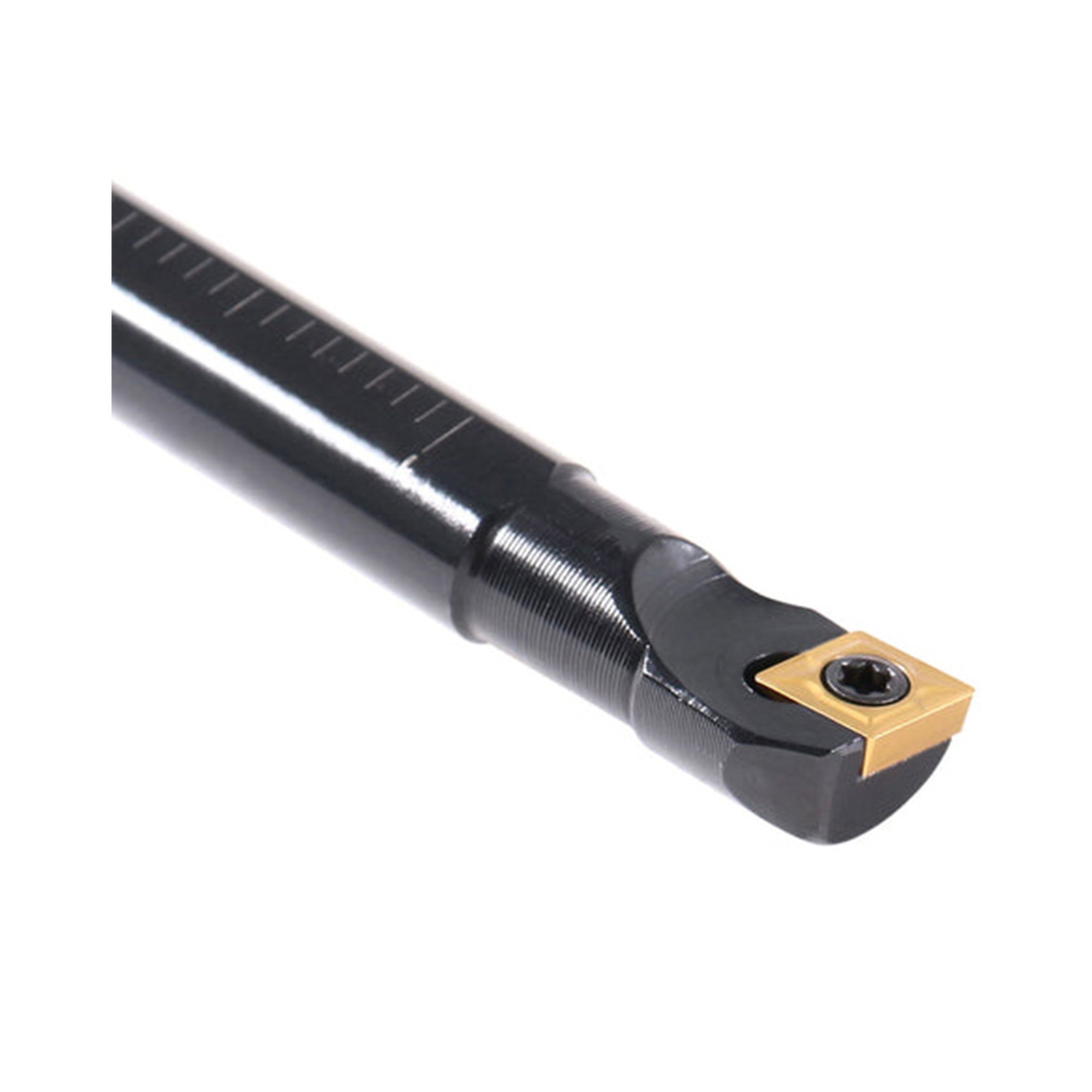 SCFC Indexable Boring Bar With Right And Left Hand
SCFC Indexable Boring Bar With Right And Left Hand

